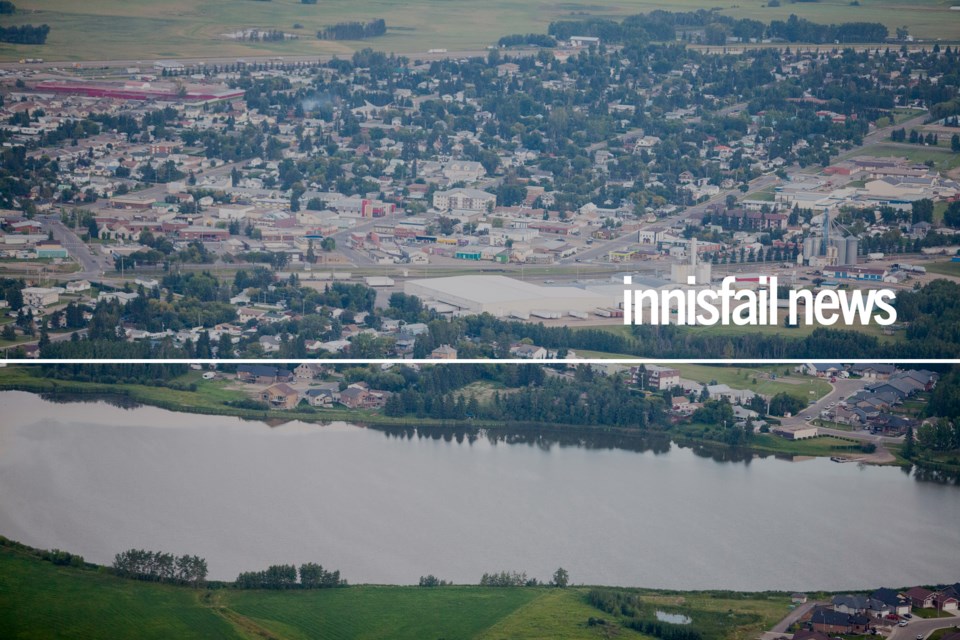INNISFAIL – There is less provincial money coming to Innisfail in 2020 and there will be higher school taxes but the town says there are no big surprises from last week’s UCP budget.
Heather Whymark, the town’s director of corporate services, said the municipality will receive about $400,000, or 10 per cent, less in 2020 from the provincial Municipal Sustainability Initiative (MSI) fund, money needed for major infrastructure projects. Last year, the town received a total of $1.8 million in provincial MSI funding.
Whymark said the reduction was not a surprise as the town knew about the reduction since last fall at the time of the UCP government’s first budget.
She said the only other significant change for the town was a hike in the province’s share of provincial ticket fine revenue, from 26 per cent to 40 per cent.
“That’s a chunk of change on those,” she said.
As well, local residents could see an education tax increase of up to four per cent when they receive their tax bills this spring.
However, Whymark cautioned that while some Innisfailians may see that jump on their school taxes others may not as it depends on assessment values.
“It will never be more than four per cent but it could be under,” she said. “It just depends on how our numbers calculate for our assessment versus our school area, so it is a calculation we have to do once we have our assessment.”
In the meantime, overall local reaction to last week’s provincial budget was generally positive, even if the province has taken serious belt-tightening measures.
“We are not happy with the state our province is in but we have to be happy with the fact that we are trying to get spending and our deficit under control,” said Coun. Glen Carritt. “We can’t keep spending money we don’t have.
“They are looking at getting the oil and gas sector working again with pipelines, and looking at getting the farmers going,” added Carritt, adding he believes the Kenney government’s promise of achieving a balanced budget by the end of 2023 is achievable.
“I think it’s all attainable if we work hard,” said Carritt. “If we have strong goals and we don’t quite make it but we are getting closer and closer that is the key.”
However, Coun. Jean Barclay said while she feels positive the province will focus on diversification, renewables and technological innovation, she has concerns with its revenue projection for oil and gas, and the balanced budget promise.
“I don’t know if you can cut your way to a balanced budget because of the revenue side,” she said. “I think we are going to have to do a lot of cutting to get to a balanced budget by 2023 and how much that is going to impact front-line services. I am skeptical on balancing by 2023.”
In the meantime, Devin Dreeshen, the town’s provincial MLA for Innisfail-Sylvan Lake, defended the budget by pointing out funding for the two most important services, health care and education, will be maintained. The health-care budget is staying at $20 billion while education is getting over $8 billion, noted Dreeshen. He also emphasized the recent $100 million commitment to revitalize the Red Deer Regional Hospital Centre, with work beginning later this year.
He said service levels will also remain the same despite planned “efficiencies," which could include staff reductions, that have to be made.
“The funding level will remain the same but the efficiency gains is something the government needs to work with, whether it's school boards or AHS (Alberta Health Services) to make sure those dollars that Albertans are paying in taxes are spent wisely.”
He added that while funding levels for school boards are remaining the same it will be up to each of them how to best allocate the funds they receive.



